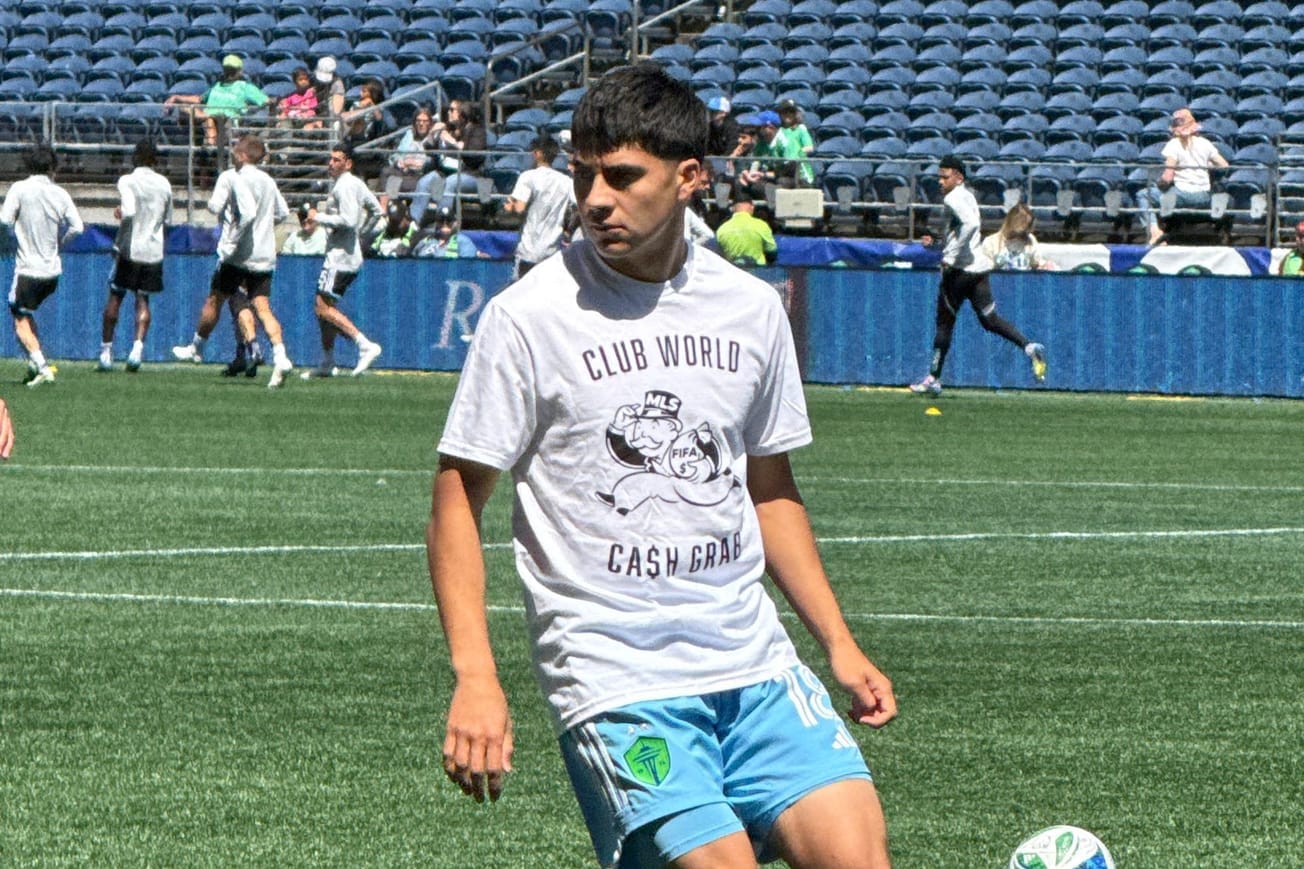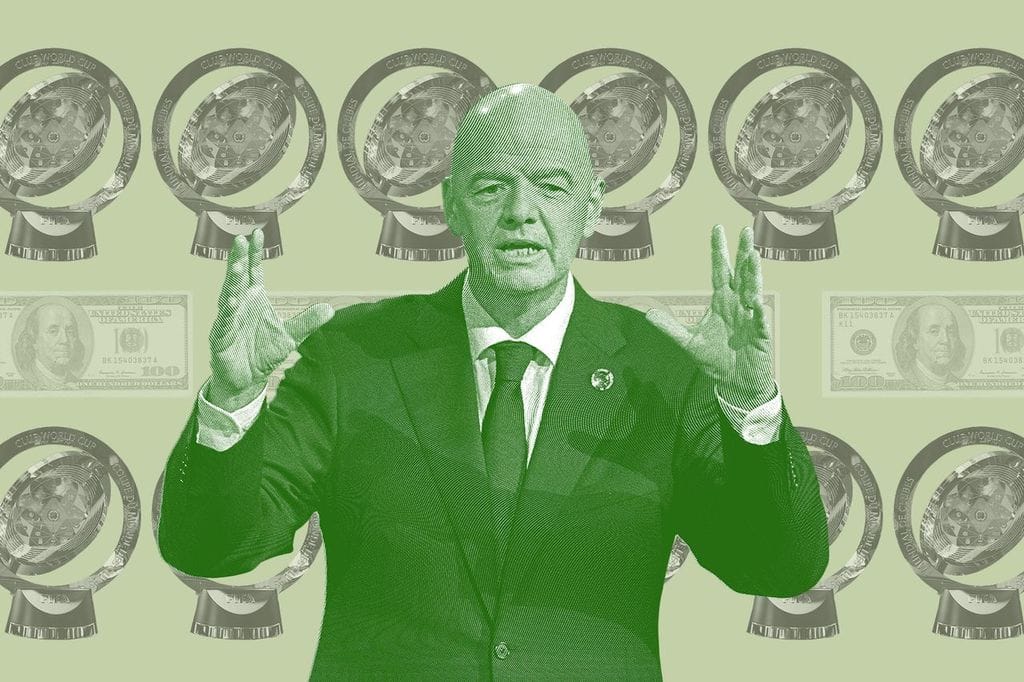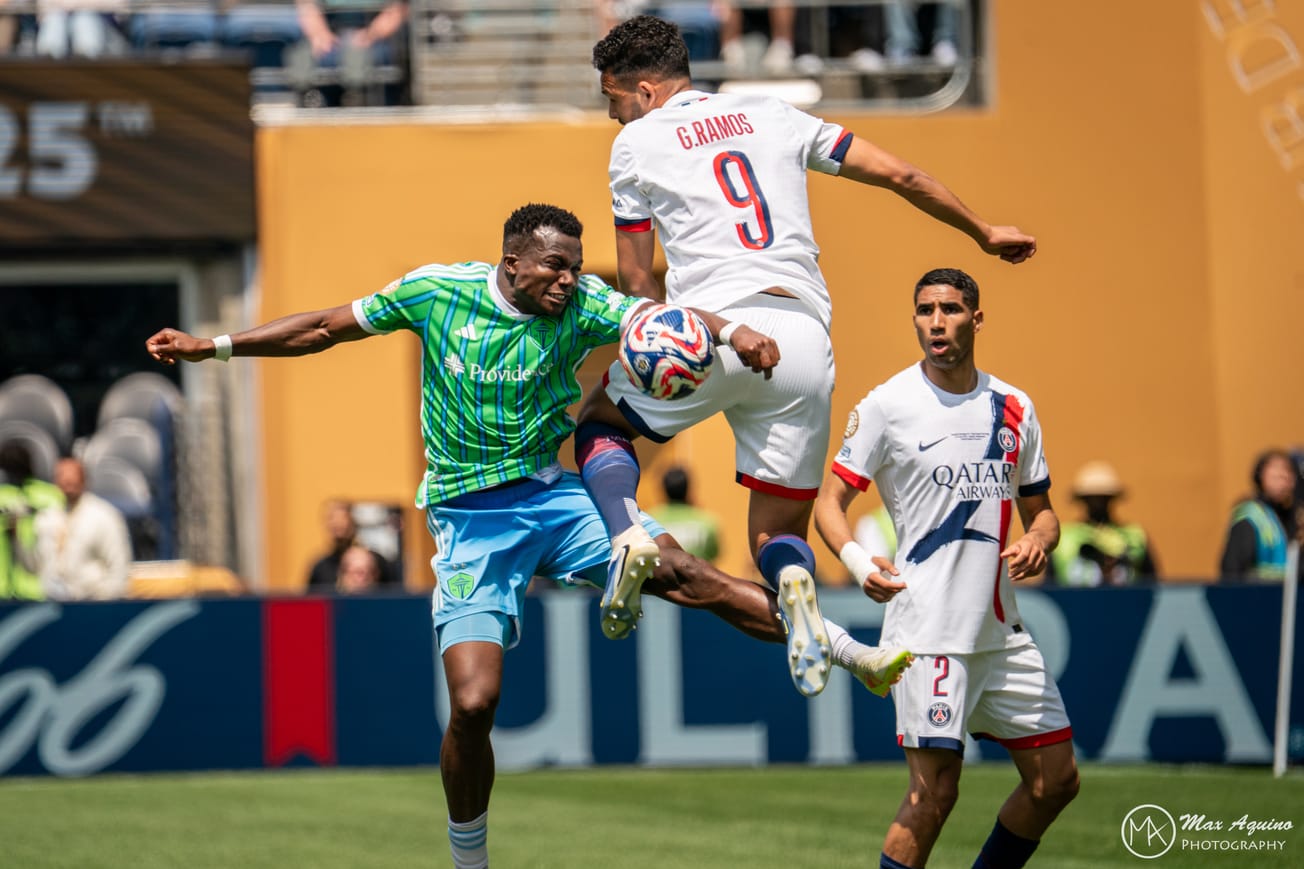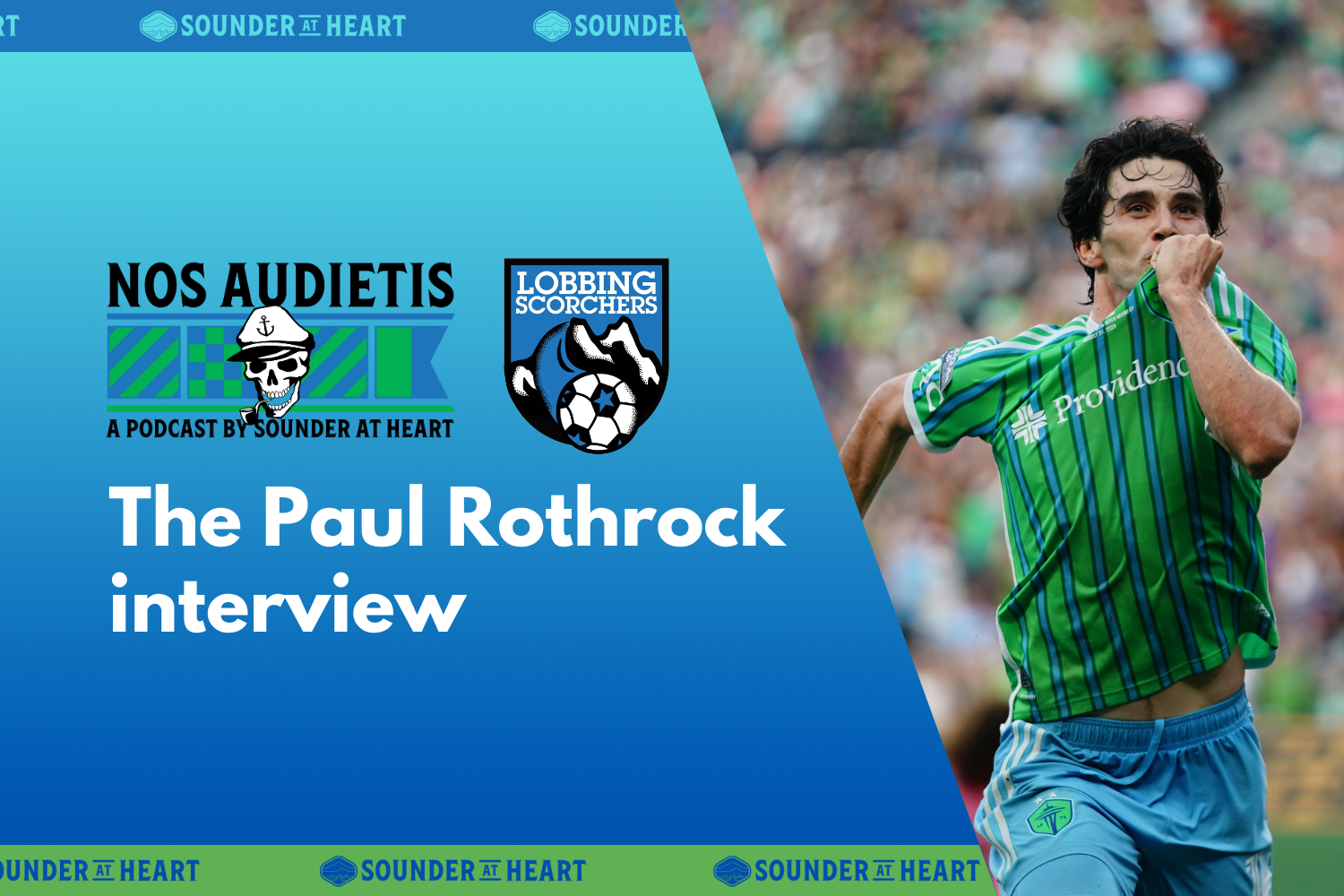If you only know Inter Milan as the team that got handed a historic whooping in the recent UEFA Champions League final, welcome to club soccer! It's a big and beautiful world, one where Inter is much more than this momentary punchline. In the broader picture, the Nerazzurri (black and blue) are not only one of the cornerstone clubs of European soccer but also, thanks to two appearances in three years in said Champions League final, currently one of the most successful teams in the world.
How they qualified: Speaking to their "one of the most successful" status, Inter Milan was fourth in UEFA's ranking system, the UEFA Club Coefficient, when the field was finalized for the Club World Cup. They've since moved to third, sitting behind only Real Madrid and Bayern Munich.
Coach: So, yeah. About that.
Before Inter's 5-0 loss to Paris Saint-Germain in May's Champions League final, Simone Inzaghi was regarded as one of the best coaches in Italy. Even then, rumors of his departure had reached the level of non-denial denials. Having since made the move to Saudi Arabia's Al-Hilal, Inzaghi is likely to be replaced by Cristian Chivu, a valuable defender from Inter's 2007-08, 2008-09 and 2009-10 Serie A winners who spent the last four months making his managerial debut at another Italian club, Parma.
Domestic league: Italy's Serie A has enjoyed a mild revival over the last five years, swapping its reputation as a slower, aging league for a new, more entertaining profile. While that hasn't necessarily made Serie A any more or less competitive within Europe, it has helped move the league into a new era, one that isn't about rekindling a "best in Europe" stature it lost roughly 25 years ago.
How they performed in 2024-25: Inter's coming off a trifecta of domestic disappointment, having finished second to Napoli in Serie A (by one point) while also coming up short in the Coppa Italia (semifinalists) and the Suppercoppa Italiana (finalists). Combined with their near miss in the Champions League, Inter's relative 2024-25 successes are understandably being framed as a disappointment.
Transfermarkt value: Inter's squad has an estimated transfer market value of €677.80 million, or roughly $775 million.
Seattle matches: vs. Urawa Reds, June 21, noon; vs. River Plate, June 25, 6 PM
Key players
Lautaro Martinez - With 95 goals over his last five Serie A season, the Argentine international is rightly considered part of Europe's elite striker group, though critics note Martinez failed to replicate that production in Inter's Champions League finals or during Argentina's run to the 2022 World Cup.
Nicolò Barella - A 61-time Italy international, Barella is the most renowned of a strong, three-man Inter midfield. While his 17 goals and 33 assists over the last five Serie A seasons speak to his offensive profile, the 28-year-old's box-to-box skills help balance Hakan Çalhanoglu, a midfielder partner who has scored 28 league goals since joining Inter four years ago.
Alessandro Bastoni - Bastoni is youngest of Inter's three starting center backs and represents both the present and future of the Nerazzurri's defense. At 26, the Atalanta youth product has already made 35 appearances for Italy at the international level.
Denzel Dumfries - A goalline-to-goalline wing back who scored seven times in Serie A this season, the Netherlands international's elite play helps maintain room for the likes of Martinez and Marcus Thuram up front. Long rumored to be leaving Inter, Dumfries signed a contract extension near the beginning of the 2024-25 season, with club and player now committed to each other through the 2027-28.
Roster
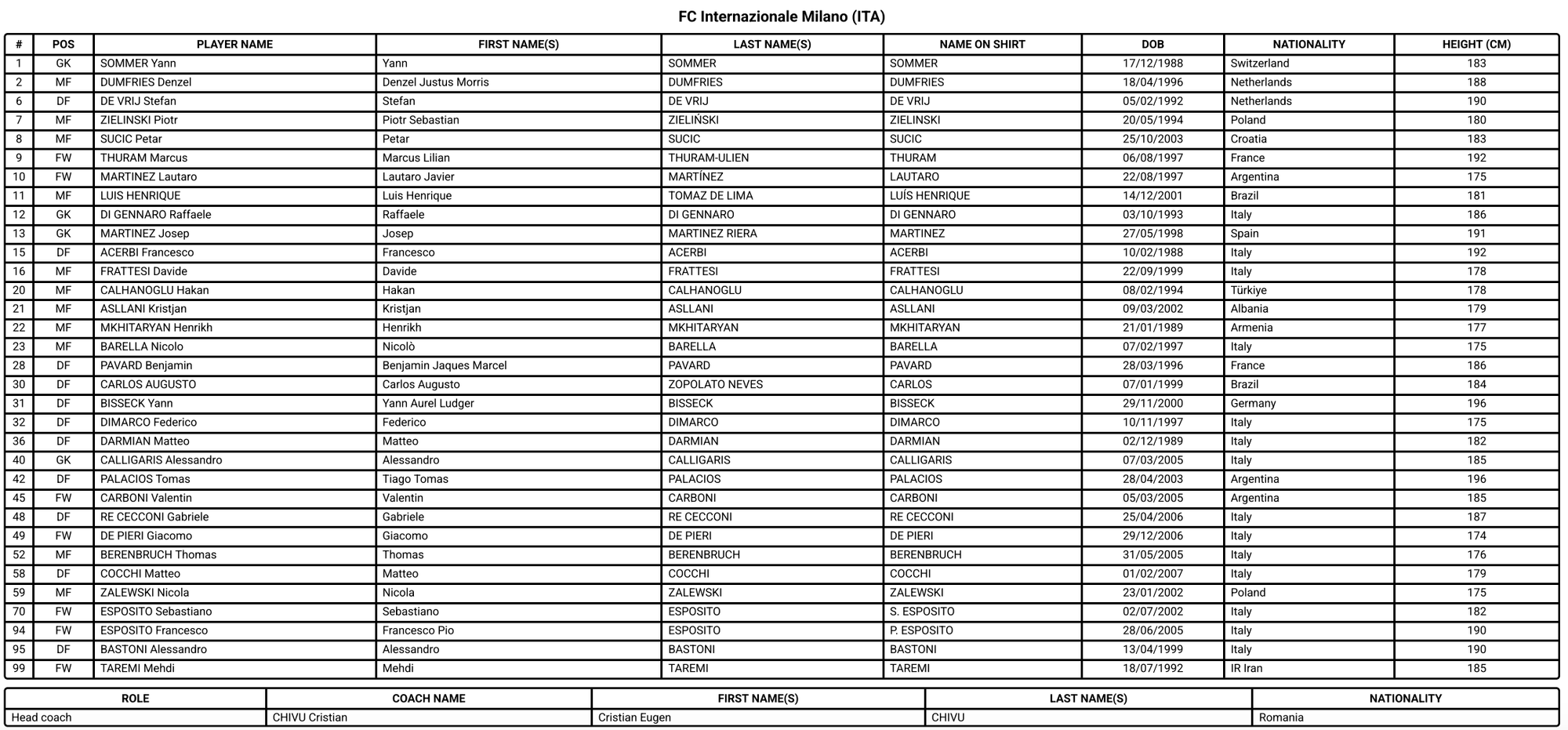
Style of play
Inter wants to play one way, can at least try to play others.
Under Inzaghi, Inter led Serie A in possession, shots and goals while maintaining a high ratio of short-to-long passes and the league's lowest rate of lost possessions. In Europe, Inter's 60.1-percent domestic possession fell to just 51.4 in the league phase of Champions League. Come the knockout round, Inter elected to cede control and counterattack against the champions of Germany and Spain, never registering more than 41.7 percent possession across four matches against Bayern Munich and Barcelona.
One fact to impress your friends
Internazionale lived up to its name in 2024-25. While roughly 38 percent of all players who appeared in Serie A had an Italian nationality, only six of Inter's 26 players were Italian — or roughly 23 percent, per FBref.com. Within the context of world soccer's upper echelons that might not be a drastic difference, that difference does align with the purpose of Inter breaking off from AC Milan roughly 117 years ago.
What are their chances of winning the whole thing?
Nobody knows. Inter have an old team that may be reorganizing after their Champions League embarrassment, but under a new coach, they could see the Club World Cup as a chance for redemption.
What makes this team interesting?
As much as Inter's team feels like a glimpse of the recent past, the club's off-field reality might be a window into club soccer's near future.
With a starting lineup whose average age is 29.3 years old, Inter had the oldest team in both Champions League and Serie A - a testament to both their player's longevity and the clubs' lack of resources to replace them. In May 2024, the club's then-owners, Chinese holding company Sunsing, defaulted on a loan, allowing U.S. holding company Oaktree Capital Management to take control. One of the first measures Oaktree took to establish financial solvency? A payroll cut that exceeded €140 million.
That Inter could still have such a successful if disappointing season speaks to the talents of people like Inzaghi, Martinez, Barella and Bastoni, and in fairness, Barcelona has also maintained success while enduring an existential financial crisis of its own. But whereas Barcelona's story of a member-driven group with bad financial planning has existed through much of the history of soccer, Inter's changing ownership and financial uncertainty might offer a glimpse into the futures of Manchester City, Paris Saint-Germain and the other teams that have become symptoms of our global political and financial systems.
To draw a direct line from Inter to City or PSG would be clumsy, but the question underpinning each connection is the same: When will the money stop coming in? For City, PSG and Newcastle United, the answer may be "never," given the resources flowing from Abu Dhabi, Qatar and Saudi Arabia. In all likelihood, though, whether it be from changing financial markets or sovereign wealth funds' changing sports interests, those clubs will eventually be tasked with the same challenges Inter's managed since Sunsing's failings began. Some day, even the youthful Parisians could have to balance players' athletic mortality with the limits of shrinking budgets.
Inter may be nothing more than a single team suffering singular problems, but they may also be another glimpse of soccer's financial reality. That they're doing a better job of maintaining their level doesn't guarantee other clubs will.
Richard Farley is a former sports journalist whose work could be found at FourFourTwo, Univision/ABC News, NBC Sports, the Guardian, ESPN, FOX Sports and SBNation.



